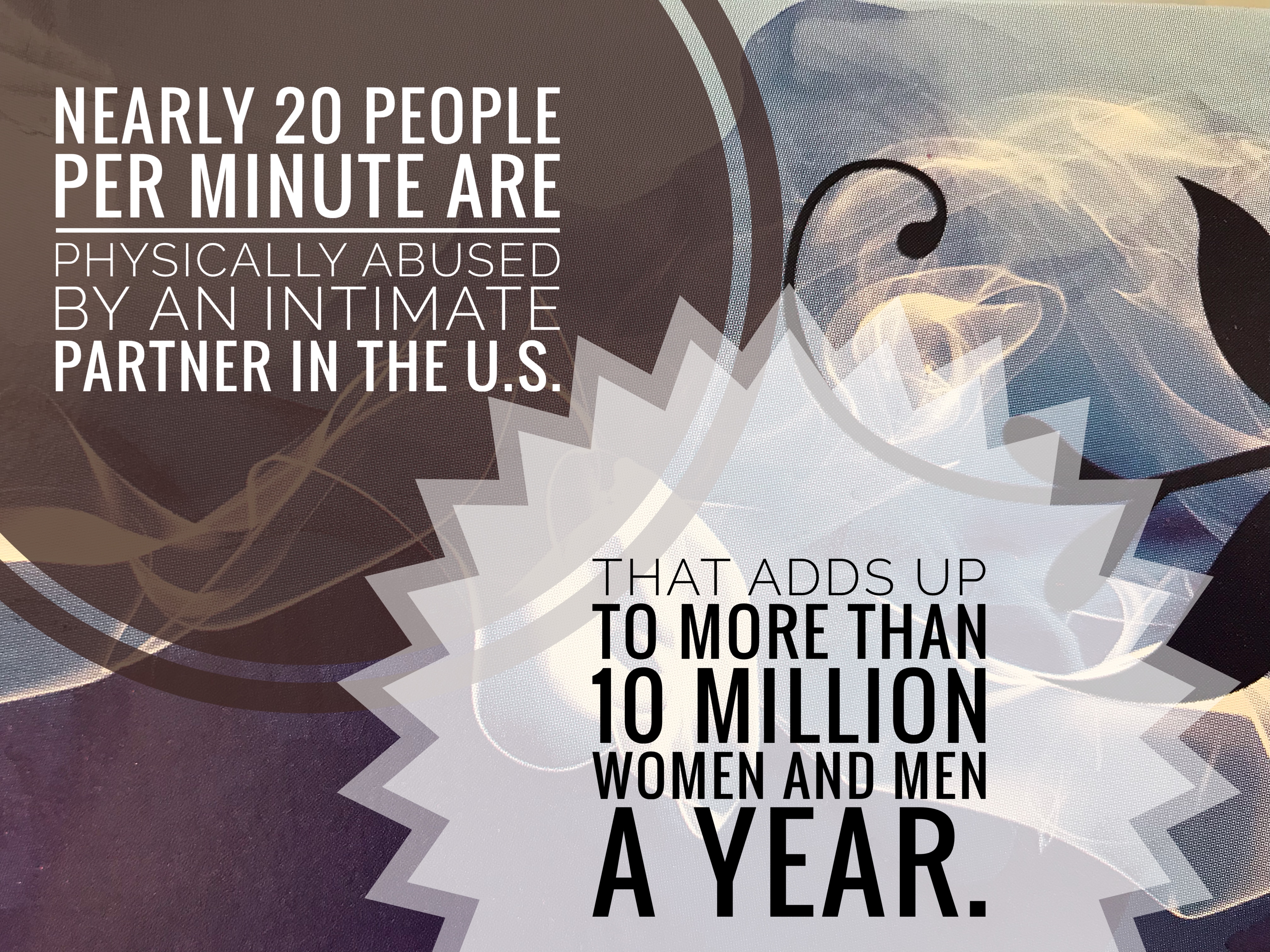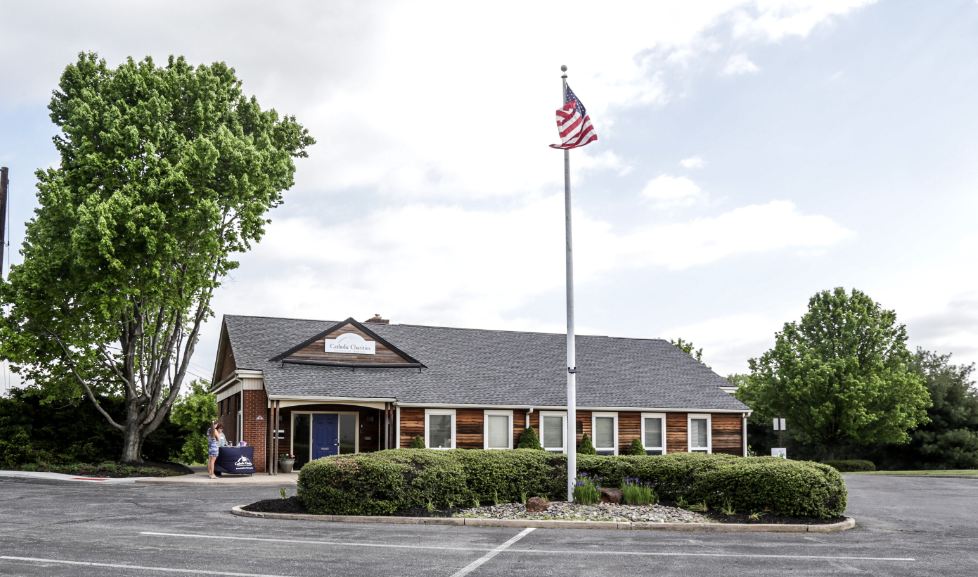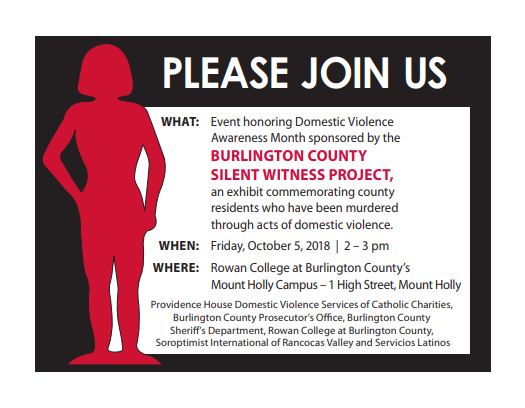October is Domestic Violence Awareness Month
Home is where the heart is. There’s no place like home. Home, sweet home. For many, home is such a refuge that it’s inspired countless sayings evoking love and happiness. But for those who experience domestic violence, home can instead inspire horror.
One in three women and one in four men, on average, have been victims of physical violence over their lifetimes at the hands of an intimate partner, according to the National Coalition Against Domestic Violence. Domestic violence can manifest as physical or sexual assault, intimidation, harassment, stalking, threats, emotional or psychological abuse, or other abusive behavior.
October is Domestic Violence Awareness Month. It’s a prime time to stand up and speak out on this issue, as well as support life-saving programs to help domestic violence victims find safety and stability.
Tough to leave
It can be difficult for a person to leave an abusive relationship. That’s because many victims fear what could happen. In fact, the risk of domestic homicide spikes highest when a couple separates, as an abuser escalates his or her abusive behavior to force a partner to stay.
On average, a woman will leave an abusive relationship seven times before she leaves for good, experts say. Beyond physical assaults, there are plenty of reasons why walking away from domestic violence can be tough:
- Children. When a couple has children, a partner might worry that the other parent might take their anger out on the children – or seek custody.
- Money. A victim who’s financially dependent on an abusive partner might fear they’ll have no resources – or even a place to live – if they end the relationship.
- Disability. A victim who relies on his or her partner for physical care might feel like they need their abuser to ensure they continue receiving care.
- Embarrassment or low self-esteem. It can be tough to acknowledge that a relationship is unhealthy or has failed, especially if a victim feels love for his or her abuser. Victims sometimes wrongly feel like the abuse is their fault.
- Immigration status or language barrier. A victim might not be able to express their need for help – or might fear reporting the abuse, if they worry their undocumented status could result in deportation or legal troubles.
We can help
 Catholic Charities, Diocese of Trenton helps domestic violence victims break the cycle of abuse at its Providence House-Domestic Violence Services in Burlington (pictured, at left) and Ocean counties.
Catholic Charities, Diocese of Trenton helps domestic violence victims break the cycle of abuse at its Providence House-Domestic Violence Services in Burlington (pictured, at left) and Ocean counties.
Last year, our two Providence Houses fielded 3,840 calls to our hotline, provided 20,115 counseling hours to adults and children impacted by domestic violence, provided safe-house shelter to more than 350 people, and trained almost 7,000 people in domestic violence education.
All services are free and confidential.
YOU can help
Next week, Providence House in Burlington will hold its 24th annual Taste of Burlington, a yummy fundraiser that raises much-needed money to support its work in Burlington County. Details here. 
Providence House also will remember lives lost to domestic violence at the Burlington County Silent Witness Project this Friday in Mount Holly.
The public is invited to attend both events.
For help: Call our Access, Help and Information Center at (800) 360-7711 to connect with our professional staff for domestic violence care.
To subscribe to our blog posts and news releases, fill out the fields below.
